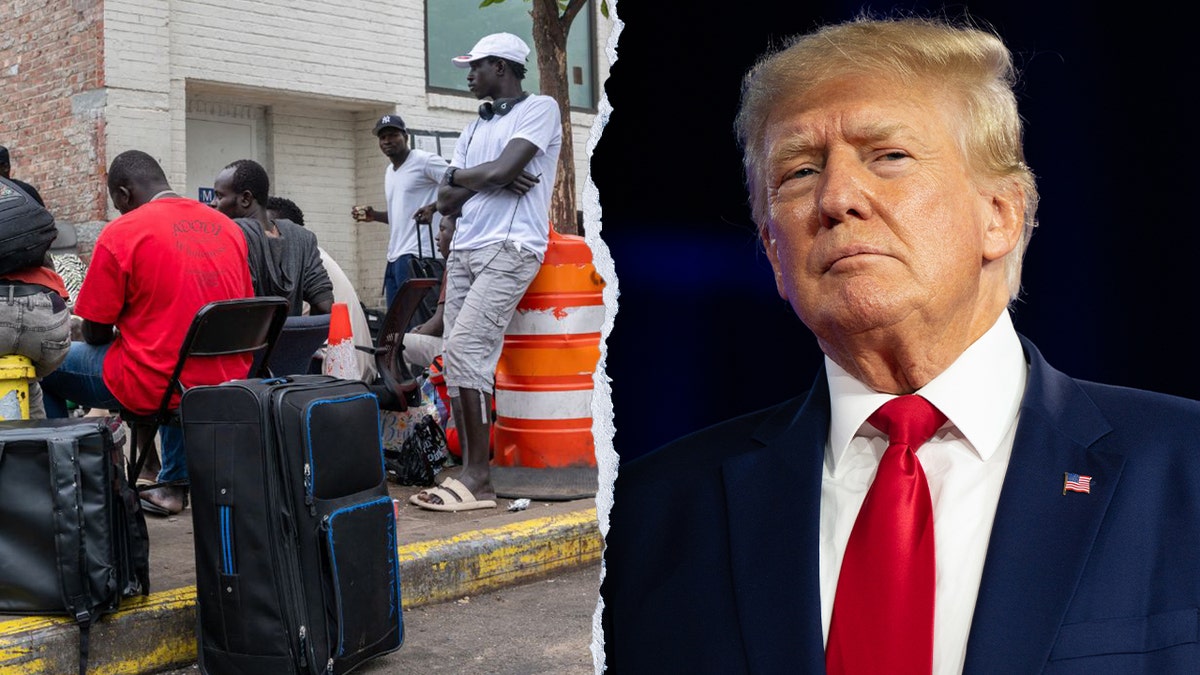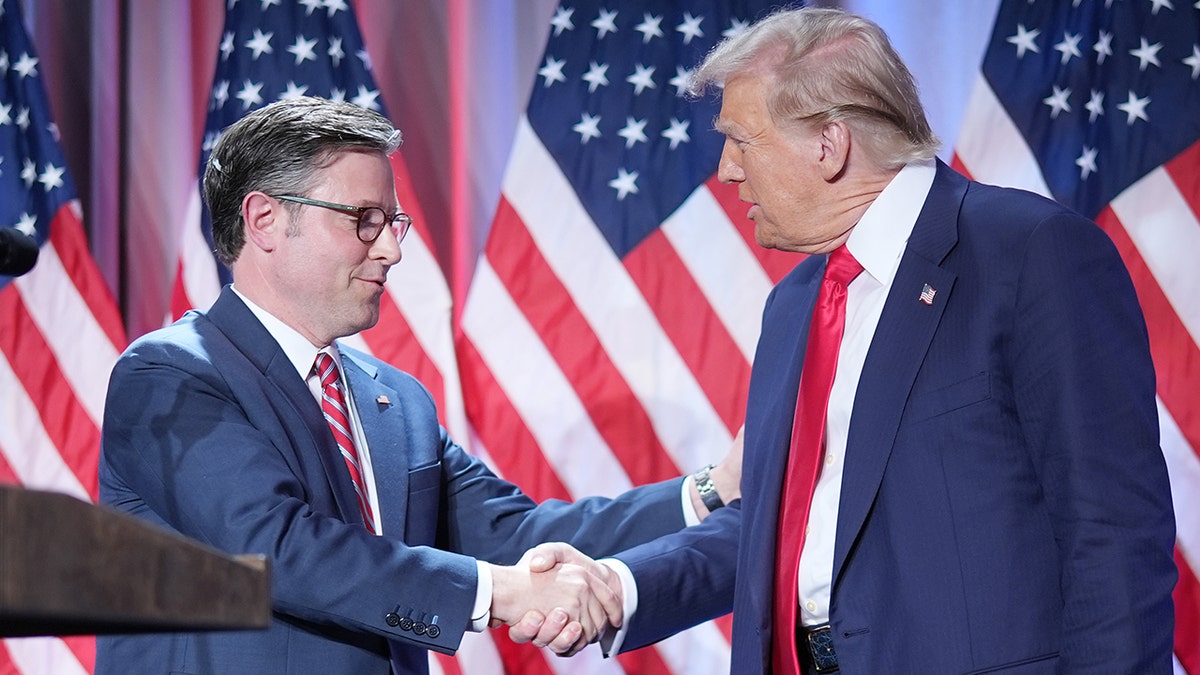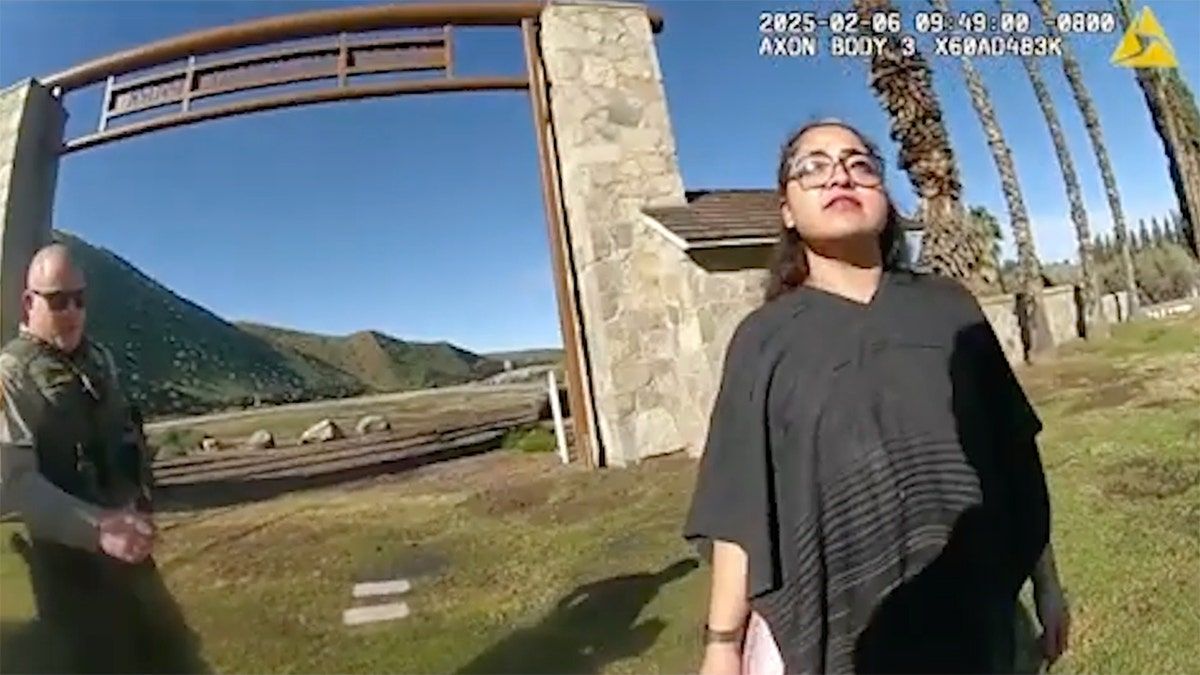American foreign policy often prioritizes government-to-government relations, sometimes overlooking the importance of connecting with the people of other nations. This approach can inadvertently legitimize oppressive regimes and demoralize those living under them. A renewed focus on public diplomacy—engaging directly with foreign populations—offers a powerful alternative.
Historical examples, such as President Reagan's approach to the Soviet Union, demonstrate the effectiveness of public diplomacy. By directly addressing the people living under communist rule, Reagan offered moral support and challenged the narrative of communist invincibility. His substantial investment in platforms like the Voice of America (VOA) and Radio Free Europe amplified his message and contributed to the eventual collapse of the Soviet empire.
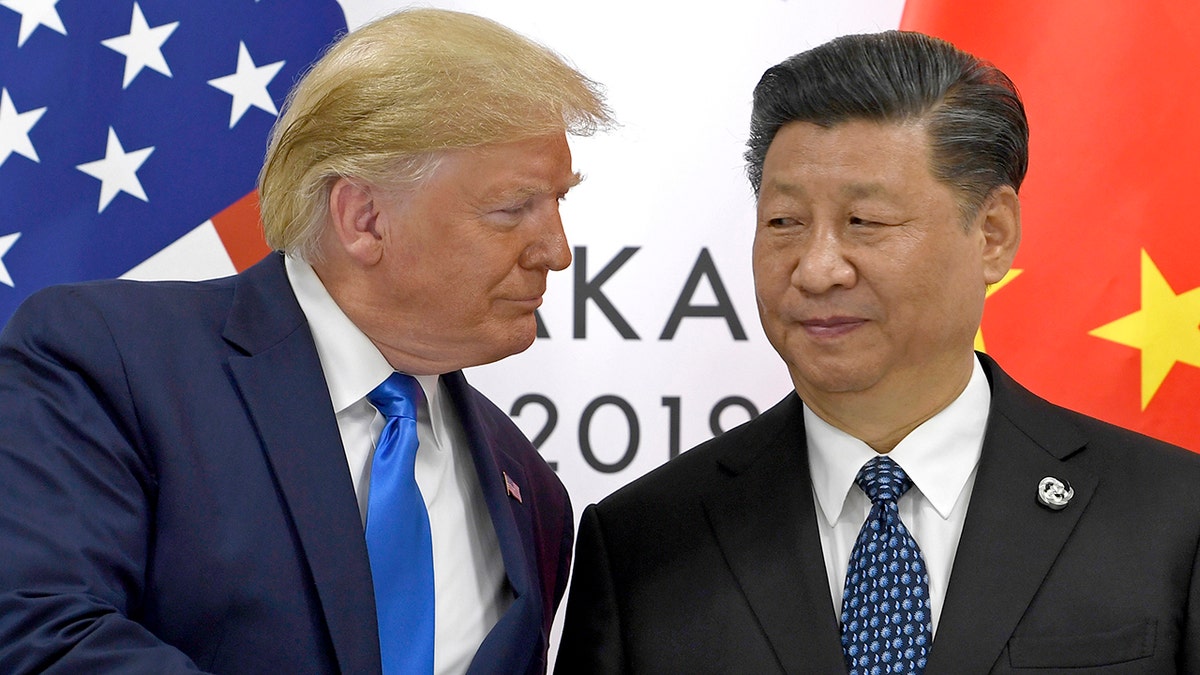
Today, there's a critical need to revitalize public diplomacy. This involves not only enhancing communication channels but also reforming institutional structures within the State Department. Establishing a dedicated public diplomacy agency, empowered with resources and influence, could ensure the long-term success of these efforts. Integrating other public diplomacy entities, like the VOA and USAID, under this agency's umbrella would create a more cohesive and impactful approach.
Crucially, the content of our global messaging must also evolve. Instead of simply focusing on "good journalism," the VOA and other platforms should promote "good public diplomacy" that serves U.S. national security interests. This means effectively countering disinformation campaigns from adversaries like China and presenting a compelling narrative of American values and achievements.
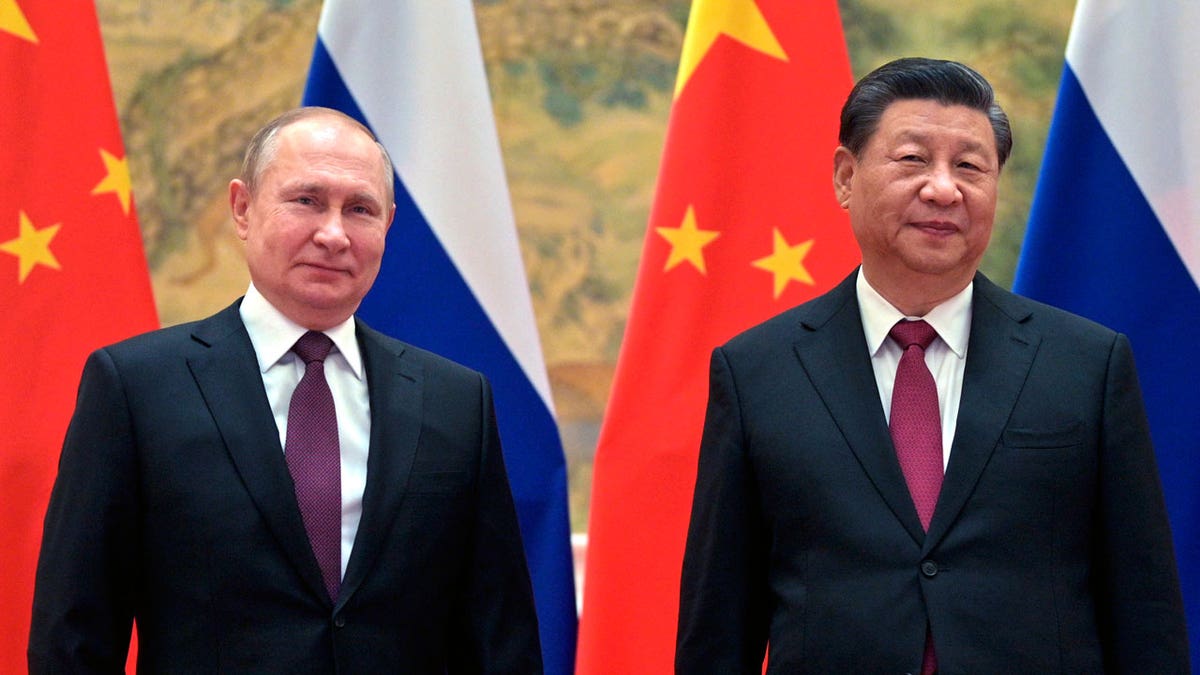
The goal is not to impose American ideals but to demonstrate how aligning with the U.S. can benefit other nations. By showcasing America's commitment to freedom, innovation, and prosperity, we can build stronger relationships and foster a more stable and cooperative global environment.
While some argue for a non-interventionist foreign policy, history shows that ignoring global challenges only allows them to fester and eventually reach our shores. A robust public diplomacy strategy, focused on empowering people rather than placating governments, offers a proven path to addressing these challenges proactively and effectively.

